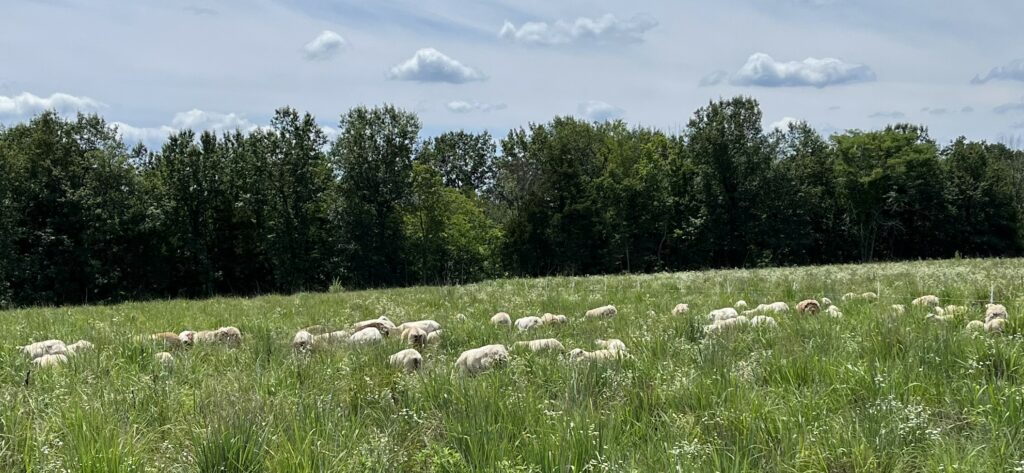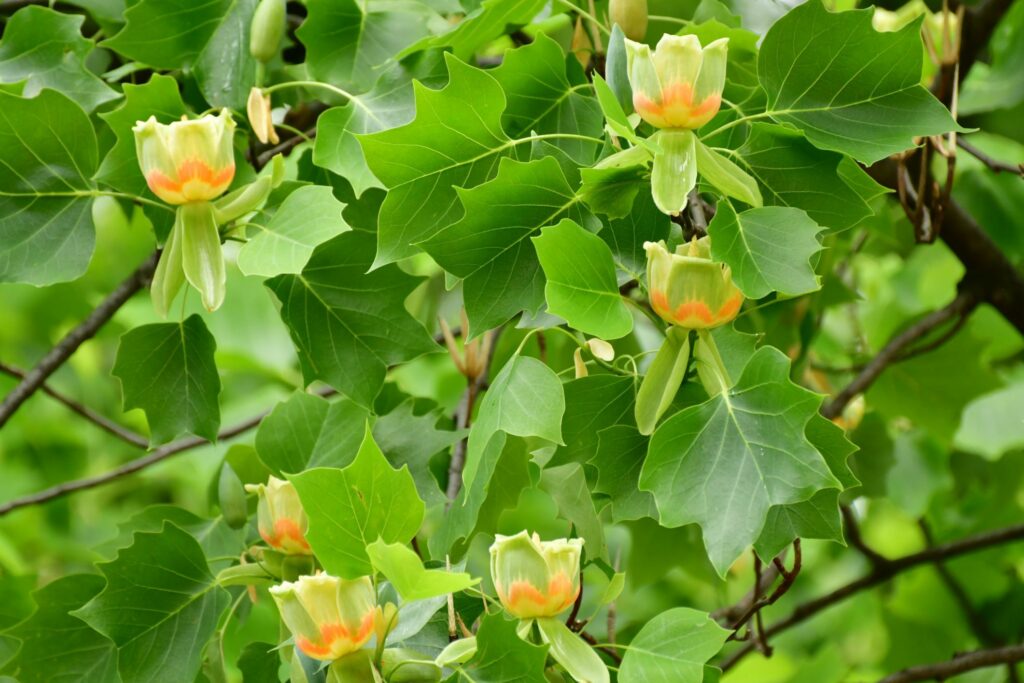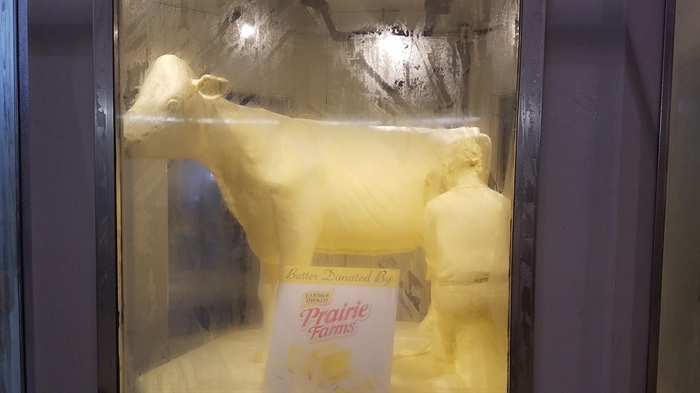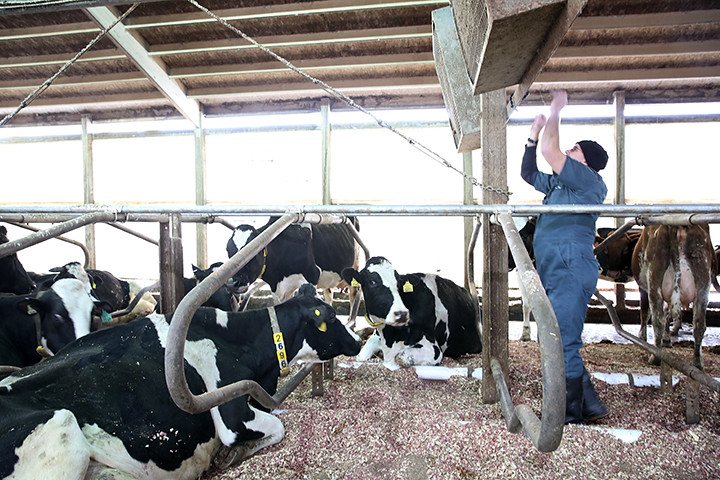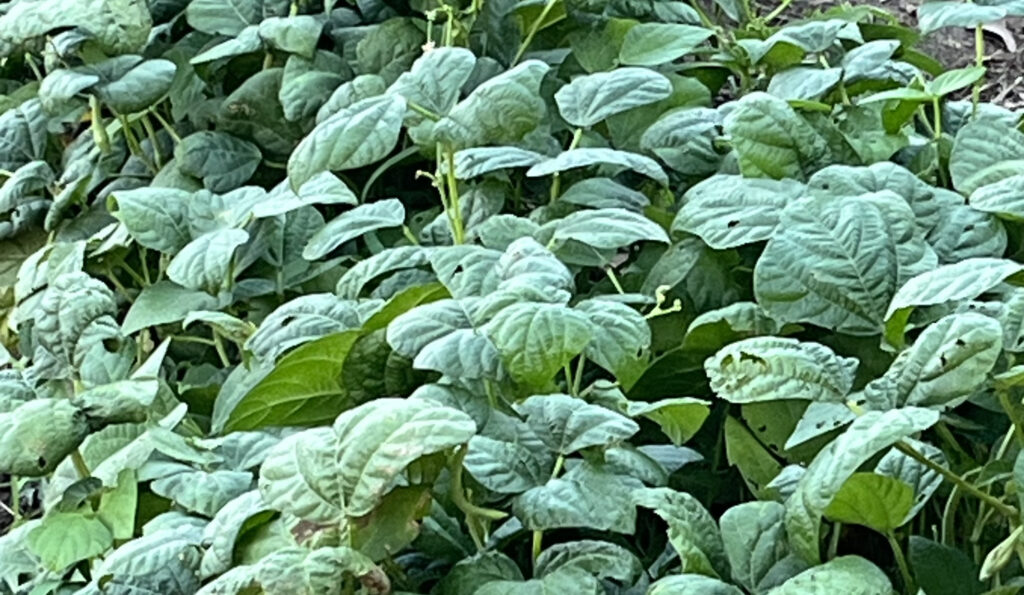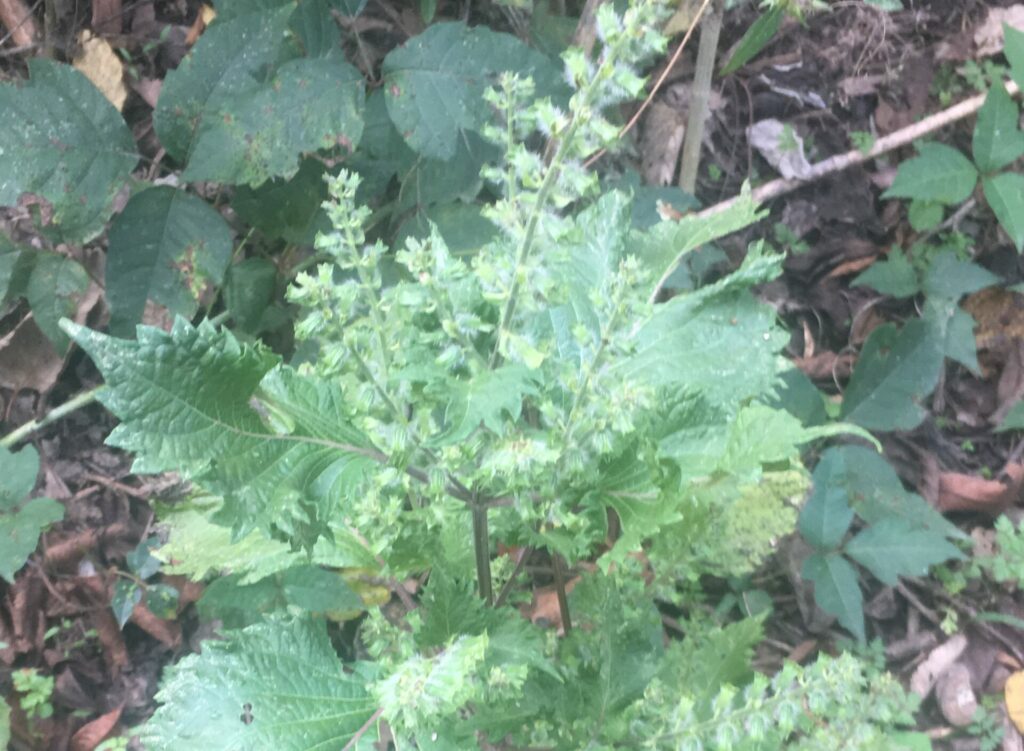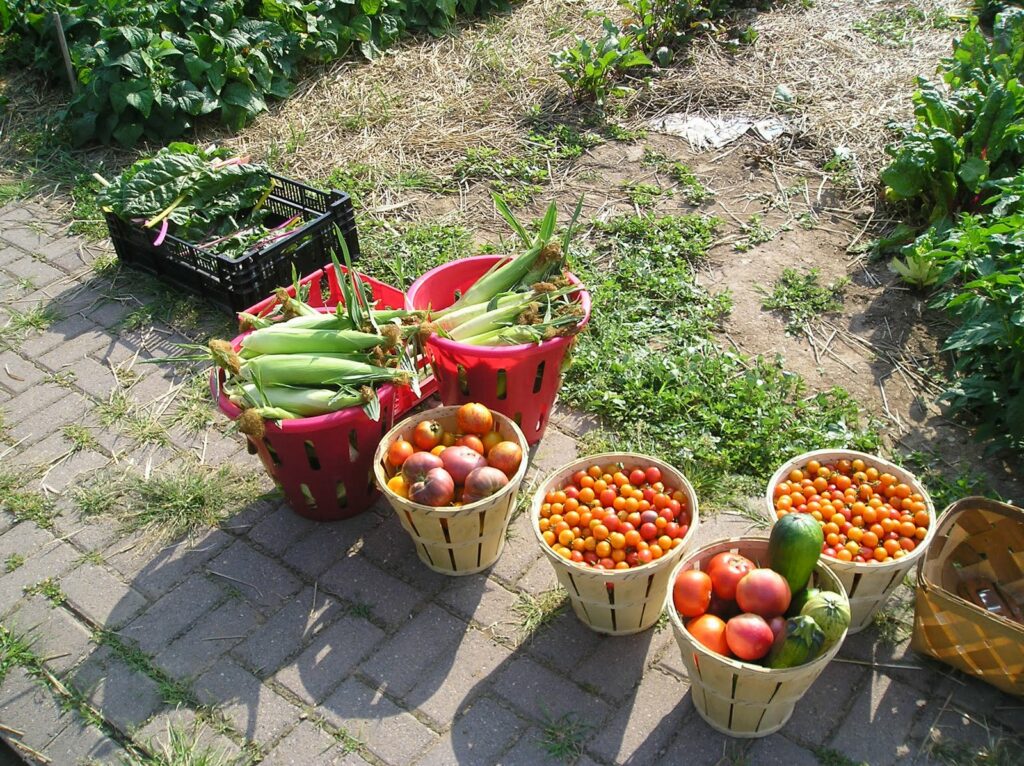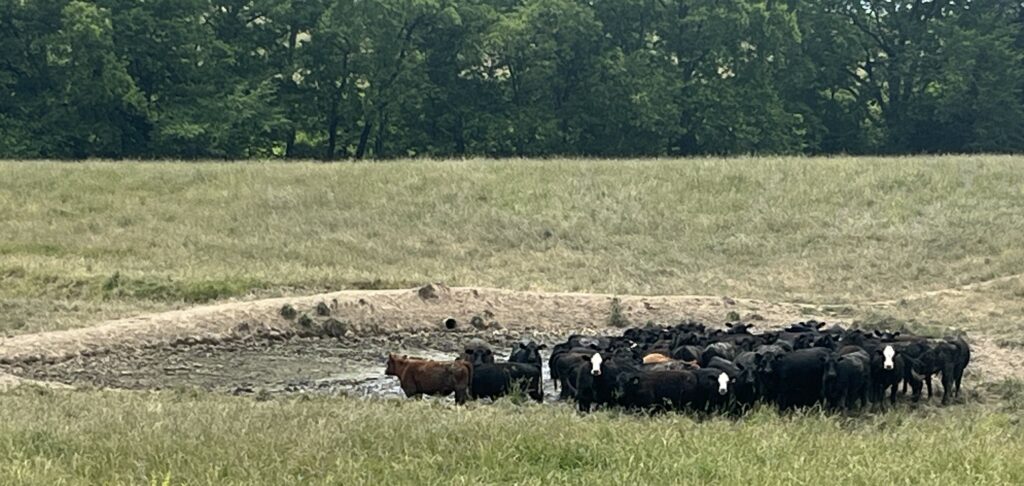Markets & Ag
COLUMBIA, Mo. – Lenders serving farmers and rural communities are invited to attend University of Missouri Extension’s 43rd Missouri Agricultural Lender Seminar series this fall in eight locations across the state. Agricultural business and policy specialists and researchers will present market and policy outlooks, farm financial conditions and land values, said Ben Brown, MU Extension…
Read Full Article COLUMBIA, Mo. — The drought in Missouri has taken a toll on cool-season grasses, diminishing forage for cattle and other livestock. In a press release, Rusty Lee, University of Missouri Extension agronomy field specialist, said, “Native warm-season grasses are the ideal forage for summer during the production slump of cool-season grasses due to heat, especially…
Read Full Article MILAN, Ill. — On a recent family vacation, I revisited the Great Smoky Mountains National Park. As I return to places I was privileged to visit as a child, I prepare for the trip, in part, by trying to dig deep into my memory bank and recall as much as I can about the place…
Read Full Article MACOMB, Ill. — It is time for another installment of “What’s under my sink and can I use it in the garden?” Today comes a home remedy that originates back to the 19th Century. In 1871, gardener Anne Hale recommended using spirits of ammonia for stimulating flower growth. Over 150 years later, peek under most…
Read Full Article SPRINGFIELD – With the 2023 Illinois State Fair about to get underway, Gov. JB Pritzker and Department of Agriculture Director Jerry Costello II officially unveiled this year’s butter cow. The cow was sculpted by artist Sarah Pratt and inspired by dairy farmer Lorilee Schultz, from Mill-R-Mor Dairy in Orangeville, who is depicted harvesting milk from…
Read Full Article COLUMBIA, Mo. — During drought, beef producers might find a best friend in their local veterinarian, says University of Missouri Extension veterinary toxicologist Tim Evans. In a press release, Evans said, “Although veterinarians always provide a valuable service to animal owners, their value to livestock producers becomes increasingly important during drought, high heat and limited…
Read Full Article COLUMBIA, Mo. – Heat waves put extra stress on livestock. A University of Missouri Extension dairy specialist advises taking specific, ongoing steps for dairy cows throughout heat waves. Heat abatement In a press release, Scott Poock, state extension specialist in veterinary medicine, said, “Dairy cows become heat-stressed starting at 65 degrees Fahrenheit. Fans should start…
Read Full Article It seems like that the days of late June and most of July have been some of the hottest and driest we have had in many years. The heat has been very hard on almost everything. Hopefully you have been writing down everything that you have been doing to help your plants survive the hot…
Read Full Article COLUMBIA, Mo. — University of Missouri Extension specialists are getting reports of illness and death in cows and small ruminants that may have ingested perilla mint. Perilla mint, a toxic summer annual, is also known as rattlesnake weed, purple mint and beefsteak plant. Most healthy animals will eat around perilla mint if other more palatable…
Read Full Article TROY, Mo.— Row crop farmers have a Cover Crop Decision Tool to help them decide which cover crop will work best on their farms for potential fall/winter grazing. The free online tool simplifies decision-making and reduce risks for those wanting to plant cover crops, says University of Missouri Extension specialist Charles Ellis. The Cover Crop…
Read Full Article COLUMBIA, Mo. — Producers looking for ways to grow forages during drought might consider planting an “annual pasture within a perennial pasture,” says University of Missouri Extension state forage specialist Harley Naumann. Naumann says this is a good year to add cool-season annual grass seed to perennial pastures. Cool-season grasses can extend the growing season,…
Read Full Article JACKSONVILLE, Ill. — Mention wasps to someone, and you’ll likely get a negative reaction. Wasps are often seen as scary, angry insects that are dangerous and likely to sting. While some wasps can be aggressive at times, and some pack a powerful sting, they are good insects to have around. They are the unsung heroes…
Read Full Article MILAN, Ill. — As the summer days pass by, garden harvest becomes a regularly performed task of our Master Gardeners. The demonstration gardens that were so thoughtfully planned, plants or seeds so carefully planted, and growing plants lovingly tended to for the past few months are producing delicious, nutritious crops. The vegetables grown by Master…
Read Full Article COLUMBIA, Mo. — Small pockets of Missouri pastures may have gone unscathed by the 2023 drought. Those lucky enough to have grass should consider stockpiling tall fescue, says University of Missouri Extension state forage specialist Craig Roberts. Stockpiling is the process of building forage supplies by letting grass go ungrazed until frost. Stockpiled forage can…
Read Full Article HERMITAGE, Mo. — In the midst of drought, Missouri livestock producers face dwindling water supplies for their herds. Few options remain for this year, but producers can explore resources from local, state and federal agencies for the future, says University of Missouri Extension agronomist Terry Halleran. Halleran says it is important to plan now since…
Read Full Article COLUMBIA, Mo. — Many Missouri corn growers are unsure about when to green chop and/or ensile their drought-stressed crops. There are key points to take into consideration on both the crop and livestock side, according to University of Missouri Extension specialists. Agronomy recommendations (MU Extension state agronomy specialist Kelly Nelson): Nitrate management recommendations (MU Extension…
Read Full Article 


